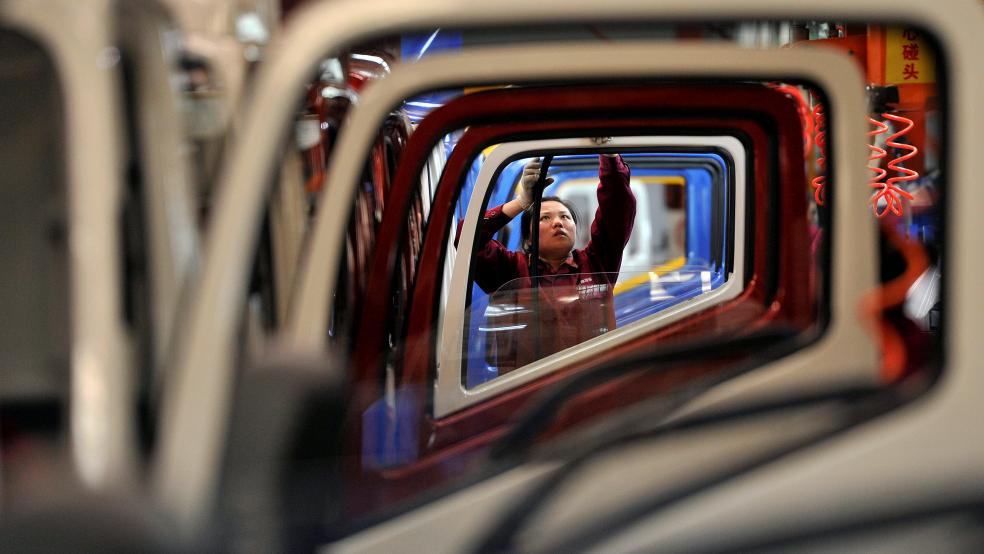Bad loans at China's commercial banks swelled to a decade-high 1.27 trillion yuan ($195.63 billion) in 2015 as growth in the world's second-biggest economy cooled to the slowest in 25 years.
Government plans to reduce industrial overcapacity and cut off support for loss-making "zombie" firms could put further pressure on lenders' balance sheets. The six banks are Industrial and Commercial Bank of China Ltd (ICBC) , China Construction Bank Corp (CCB) , Agricultural Bank of China Ltd (AgBank) , Bank of China Ltd (BOC) , Bank of Communications Co (BoCom) and China Merchants Bank Co , the sources said.The lenders were granted a total bad loan securitization quota of 50 billion yuan ($7.65 billion), said one of the sources. The quota was issued after December, the other source said, without providing details.Among the six banks granted quotas, BOC has moved the fastest for its first sales of ABS based on NPLs, said another investment banking source familiar with the matter.The bank has finished its ABS rating and is awaiting approval from the banking regulator, the source said.The BOC sale would be the first ABS sale backed by NPLs since 2008, and would open a new channel for the country's biggest lenders to alleviate rising credit risks.Reuters couldn't immediately reach the banking regulator, ICBC and BoCom for comment. The central bank, BOC, AgBank, CCB and Merchants Bank declined to comment when contacted by Reuters. Lenders have been lobbying regulators to relaunch the securitization of NPLs as bad loans grow.Special mention loans, referring to loans potentially at risk, rose to 2.89 trillion yuan last year, according to the regulator, which means that the commercial banking sector's total troubled debts have exceeded 4 trillion yuan.State media reported last December that BOC planed to issue 8 billion yuan ($1.24 billion) of NPL ABS.China suspended its experimental program for all ABS in 2009 during the global financial crisis. It did not ABS issuance to resume until 2012.($1 = 6.5324 Chinese yuan renminbi) (Reporting By Clark Li and Nicholas Heath; Writing by Shu Zhang; Editing by Kim Coghill)China gives six banks quotas for bad loan securitization: sources

Jianan Yu



